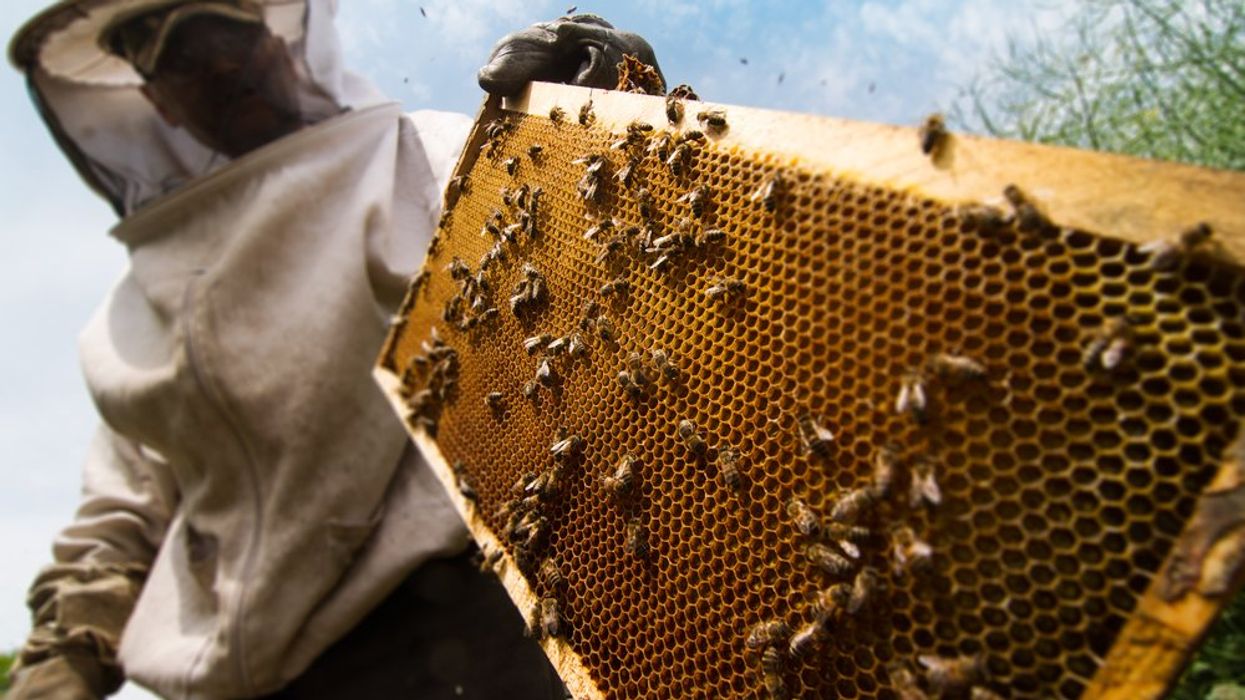While some have begun keeping backyard and rooftop beehives in an effort to protect bees, research shows that this may instead be harming them.
A recent study in Montreal found that areas with the most domesticated bees also had the fewest wild species. The most popular species for beekeeping — honey bees — are actually invasive species in most of the places they are located now, including the United States.
“Honey bees are very successful invaders,” Sheila Colla, a conservation scientist at York University studying pollinators, told The Washington Post. “For people who say they want to save the bees and they have a honey bee hive, it’s kind of like throwing Asian carp into the Great Lakes and saying you want to save the native fish. But obviously, they’re just taking the same resources that the native fish are.”
Honey bees are also not considered endangered, like many wild pollinators, who “do so much work and are so underappreciated,” according to Colla. “Especially with climate change, if we want to have resilient ecosystems, resilient cities, we need to have as many species of bees as possible in our cities," she said.
While experts do not believe bans on beekeeping would solve the problem, they propose limiting hive density, and requiring recreational beekeepers to register their colonies. Colla added that beehives should be treated like other household pets to ensure their safety and success.
“You’re watching your bees. You’re taking care of them. You’re treating them if they have illnesses," she continued. "You’re feeding them if they look like they’re short on food.”
One way to help native pollinators flourish is to grow flowers and other native plant species in yards. Doing this instead of maintaining a grass lawn -- or even just mowing more infrequently — could help develop their habitat.


















































